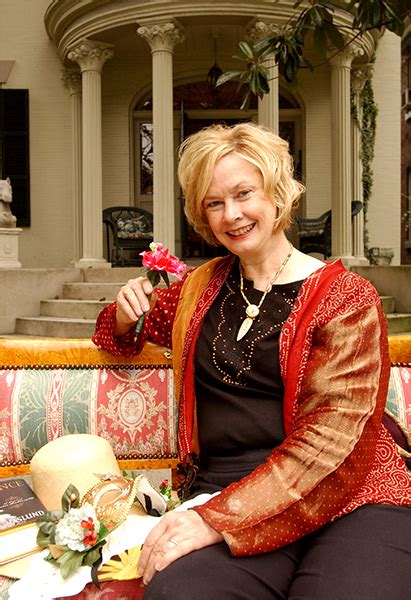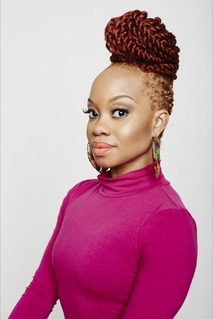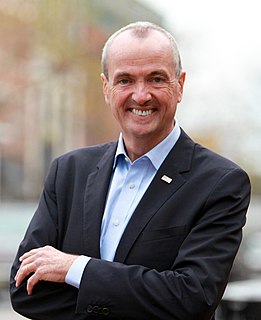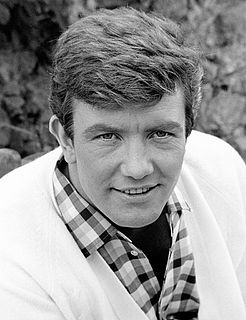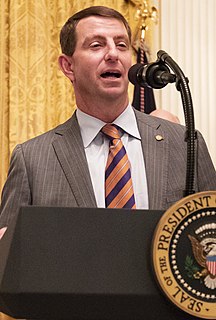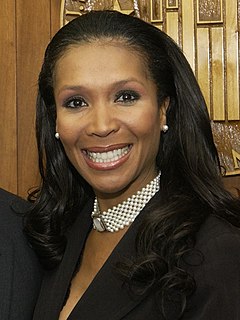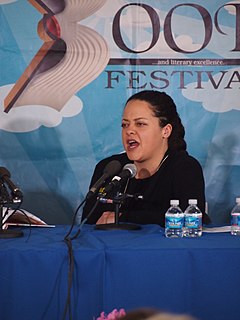A Quote by Sena Jeter Naslund
Darkroom: A Memoir in Black and White is remarkable for its truth-telling about two important issues concerning Alabama's past and present: the civil rights movement and immigration. These stories, rendered through the words and eyes of a young Latina girl who came from Argentina to Marion, Alabama, are made vivid and immediate through Weaver's highly accessible drawings and dialogue. This is a book-about maturation, family, education, and social change-every schoolchild, parent, and citizen should experience.
Quote Topics
About
Accessible
Alabama
Argentina
Black
Black And White
Book
Came
Change
Citizen
Civil
Civil Rights
Civil Rights Movement
Concerning
Darkroom
Dialogue
Drawings
Education
Every
Experience
Eyes
Family
Girl
Highly
Immediate
Immigration
Important
Important Issues
Issues
Latina
Made
Memoir
Movement
Parent
Past
Past And Present
Present
Remarkable
Rendered
Rights
Rights Movement
Should
Social
Social Change
Stories
Telling
This Is A Book
Through
Truth
Two
Vivid
White
Words
Young
Related Quotes
I think that is what we do by preserving and telling our stories. If you don't tell your stories, other people will tell their story about you. It's important that we nurture and protect these memories. Things change. Existence means change. So, the kind of precious memories about being black for my generation won't exist for my kids' and grandkids' generations unless we preserve them through fiction, through film, through comic books, and every other form of media we can possibly utilize to perpetuate the story of the great African-American people.
I have a dream that one day, down in Alabama, with its vicious racists, with its governor having his lips dripping with the words of "interposition" and "nullification" - one day right there in Alabama little black boys and black girls will be able to join hands with little white boys and white girls as sisters and brothers.
I think it's important for people to understand that dance, movement, choreography is about an experience and entertainment but it's also about perception and a lens. So when we're talking about a Black female's experience through a Black female's lens, that's going to be totally different from a Black female's perspective through a Black male's lens.
The civil rights movement didn't deal with the issue of political disenfranchisement in the Northern cities. It didn't deal with the issues that were happening in places like Detroit, where there was a deep process of deindustrialization going on. So you have this response of angry young people, with a war going on in Vietnam, a poverty program that was insufficient, and police brutality. All these things gave rise to the black power movement. The black power movement was not a separation from the civil rights movement, but a continuation of this whole process of democratization.
That is another theme in the book [Dreams from My Father]. How do we exercise more empathy in our public discourse? How do we get the black to see through the eyes of the white? Or the citizen to see through the eyes of the immigrant? Or the straight to see through the eyes of the gay? That has always been a struggle in our politics.
The children of Birmingham did not really die in the State of Alabama, however, because Alabama is a state of mind, and in the minds of the [white] men who rule Alabama, those children had never lived [...] their blood is on so many hands, that history will weep in the telling...and it is not new blood. It is old, so very old.
